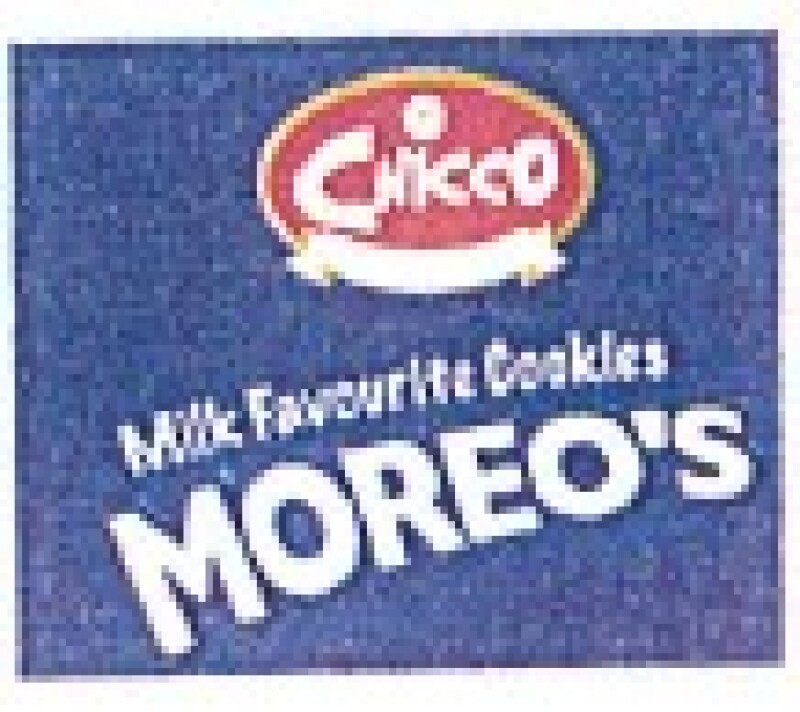This article deals with a recent (and indeed rare) trademark judgment of the Zambian High Court (the High Court). The case is Intercontinental Great Brands LLC v Zayaan Investments Limited, and the judgment of Judge Chenda was handed down on January 30 2024. The case dealt with the following confectionery trademarks:
‘Oreo’, which belongs to the international company Intercontinental Great Brands LLC (IGBL). IGBL is the owner of prior trademark registrations for ‘Oreo’ in class 30 in Zambia, the earliest of which dates back to 1974.
The Zambian company Zayaan Investments Limited’s (Zayaan IL’s) trademark registration for ‘Moreo’s’, filed in 2007, and a trademark application for the Chicco Milk Favourite Cookies Moreo’s label (‘Moreo’s Label’), as represented below, filed in 2017.

Expungement and opposition
There were two elements to this case; namely:
An opposition – IGBL opposed an application by Zayaan IL for the registration of ‘Moreo’s Label’ in class 30; and
An expungement – IGBL sought to expunge an existing Zambian registration belonging to Zayaan IL for the mark ‘Moreo’s’ in class 30 brought to IGBL’s attention during the opposition.
IGBL was successful in the opposition before the Trade Marks Office, where the deputy registrar ruled ‘Oreo’ and ‘Moreo’s Label’ are confusingly similar based on sections 16 and 17(1) of the Trade Marks Act. IGBL was unsuccessful in the expungement before the Trade Marks Office, where the deputy registrar applied the seven-year rule afforded in Section 18 of the Trade Marks Act.
IGBL appealed the expungement decision and Zayaan IL appealed the opposition decision to the High Court.
The consolidated appeals before the Zambian High Court
Zayaan IL’s case
Zayaan IL disputed that the marks ‘Moreo’s’ and ‘Moreo’s Label’ are confusingly similar to the mark ‘Oreo’, claiming that they are visually and phonetically distinct.
Zayaan IL argued that under Section 18 of the Trade Marks Act, there can be no expungement of a registered trademark if more than seven years have elapsed since the registration of the mark (as was the case with its ‘Moreo’s’ trademark registration), except in cases where there has been fraud or infringement of Section 16 of the Trade Marks Act. Zayaan IL denied any claims of fraud or wrongdoing and infringement of Section 16 of the Trade Marks Act.
Zayaan IL also argued, in the alternative, the defence of honest concurrent use.
IGBL’s case
IGBL alleged that Zayaan IL makes a habit of adopting marks that are confusingly similar to well-established marks and provided examples of such marks. IGBL provided evidence of the adoption of the ‘Oreo’ trademark internationally more than 100 years ago.
IGBL argued that the expungement ruling from the Trade Marks Office was an incorrect interpretation of Section 16 of the Trade Marks Act. IGBL relied upon the Supreme Court’s interpretation of Section 16 of the Trade Marks Act in DH Brothers Industries Pty Limited v Olivine Industries Pty Limited, SCZ Judgment No 10 of 2012 (the DH Brothers case), which states that Section 16 of the Trade Marks Act cannot be read in isolation of other sections of the Trade Marks Act.
The Zambian High Court’s judgment
Judge Chenda considered whether the ‘Moreo’s’ trademark was obtained by fraud and stated that while IGBL did plead fraud and adduce what it considered evidence of it, it was not cogent enough to establish fraud in the registration of the ‘Moreo’s’ trademark.
Judge Chenda then considered Section 16 of the Trade Marks Act and the DH Brothers case, to which Judge Chenda is bound by virtue of the doctrine of stare decisis.
Judge Chenda reiterated that Section 16 makes it unlawful to register as a trademark “any matter the use of which would, by reason of its being likely to deceive or cause confusion or otherwise, be disentitled to protection in a court of justice or would be contrary to law or morality, or any scandalous design”.
Judge Chenda ruled that Section 16 is broad and cannot be read in isolation, as stated in the DH Brothers case. Furthermore, Judge Chenda agreed with IGBL that a review of Section 16 shows it is a general provision that invites various forms of objections to a trademark registration, including where the use of the trademark would be contrary to law. Judge Chenda went on to say the Trade Marks Office should also have considered the other sections of the Trade Marks Act upon which IGBL’s expungement was also based, including Section 17.
Section 17(1) provides that: “Subject to the provisions of subsection (2), no trade mark shall be registered in respect of any goods or description of goods that is identical with a trade mark belonging to a different proprietor and already on the register in respect of the same goods or description of goods, or that so nearly resembles such a trade mark as to be likely to deceive or cause confusion.”
Section 17(2) deals with a defence of honest concurrent use or other special circumstances that, in the opinion of the High Court, make it proper to do so, where the High Court may permit the registration of trade marks that are identical or nearly resemble each other in respect of the same goods or description of goods by more than one proprietor subject to such conditions and limitations, if any, the High Court may think it right to impose.
Judge Chenda dismissed Zayaan IL’s defence of honest concurrent use or other special circumstances under Section 17(2) of the Trade Marks Act. Judge Chenda went on to say the Oreo brand is more than 100 years old. The Oreo brand has global fame. Zayaan IL, like IGBL, is a global player, and it must have known that its mark ‘Moreo’s’ was similar to the mark ‘Oreo’, and that there could be confusion in Zambia. It was clear, said the judge, that “Zayaan IL acted in bad faith in seeking registration of the existing Moreo’s trade mark”.
The judge went on to say “the glaring visual and phonetic similarity between Oreo and Moreo’s… for similar goods for human consumption… cannot be without consequence. It follows that, the outcome of the expungement ruling ought to have been the same as that of the objection [opposition] ruling…”
The judge concluded as follows: “I have no hesitation in holding that it would be wrongful (in terms of sections 16 and 17… for the existing Moreo’s trade mark to remain registered in Zambia.”
The result
The High Court ordered the removal of Zayaan IL’s registration for ‘Moreo’s’ and refused Zayaan IL’s later application for ‘Moreo’s Label’ on the basis that it has no legal foundation following the cancellation of the ‘Moreo’s’ registration.












